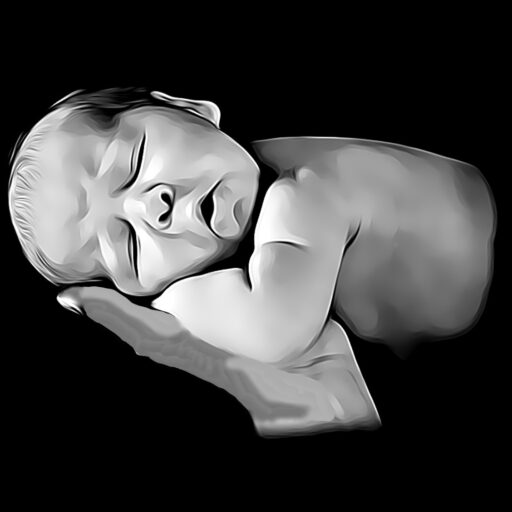Published originally at Common Dreams on March 5, 2023 under Creative Commons CC BY-NC-ND 3.0 license
Ongoing protests against the far-right Israeli government of Prime Minister Benjamin Netanyhu were larger than ever on Saturday night as an estimated 200,000 people or moretook to the streets in Tel Aviv and other cities to denounce judicial reforms they warn put the nation on a path towards dictatorship.
For over two months, weekly protests—mostly on the weekends but increasingly during the workweek as well—large demonstrations have taken place in response to Netanyahu and his coalition government pushing a judicial takeover that critics say would curtail democracy.
Haaretzreported Saturday’s turnout as a record since the movement started in early January.
“There’s a great danger that Israel will turn into a dictatorship,” Ophir Kubitsky, a 68-year-old high school teacher at the demonstration, toldReuters. “We came here to demonstrate over and over again until we win.”
The demonstrations in Tel Aviv and other locations “began peacefully,” reports Reuters. “However, footage released by police later showed protesters breaking down barriers in Tel Aviv and igniting fires as they blocked roads. Police sprayed water cannons at the protesters.”
While Israeli liberals increasingly register fear and discomfort over the direction of its government’s growing autocratic tendencies, Palestinian rights advocates have noted that the right-wing slide is a direct and predictable continuation of a system that denies its Palestinian citizens full rights under the law while overseeing a brutal and repressive apartheid regime.
As American-Palestinian scholar Yousef Munayyer recently wrote in a column about the protest movement for +972 Magazine:
As tens of thousands of Israelis protest the reforms that Netanyahu’s government seeks to ram through in hopes of “saving the essence” of Israeli democracy, they are largely avoiding a confrontation with the foundational problem, namely that the essence of the Israeli system is to put settler colonialism ahead of any liberal principles around democracy, equality, or human rights.
A key question for many concerned not only about Israel’s increasingly autocratic and right-wing lurch, but its ever-worsening treatment of the Palestinians living under hostile military occupation is this: “Does this loose group oppose the settler-colonial system that these legal reforms would further enable, or does it simply seek a return to the settler-colonial system, but without Netanyahu at its head?”
Munayyer believes all evidence thus far indicates the latter is the unfortunate answer, which is why Palestinians are noticeably absent from celebrating the display of dissent and opposition in Tel Aviv and elsewhere.
“For all Palestinians, including those with Israeli citizenship, there is little urgency to try to ‘save’ Israeli democracy, primarily because for them it has never existed,” Munayyer concluded. “Not only is a political system that is constructed to be democratic toward some, but not all, not a democracy, it is also not going to seem worth saving to those it disadvantages.”
